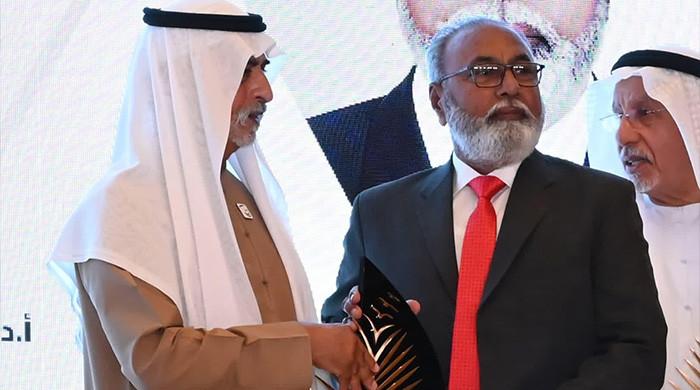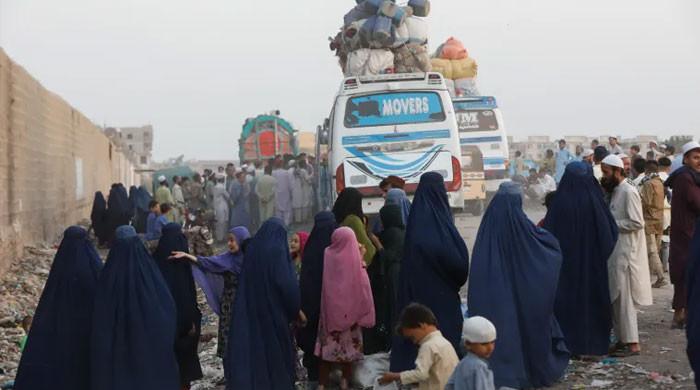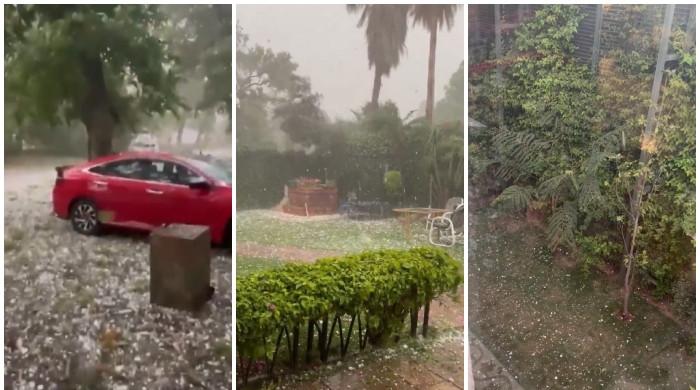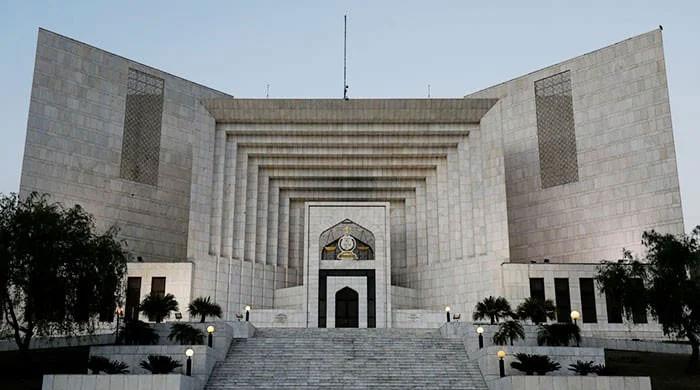10 previous accords with militants were signed by army
ISLAMABAD: The Pakistan Army has been involved, either directly or indirectly, in every accord signed with the militants, including Taliban, in the last 10 years and two of these agreements are...
March 06, 2014
The prime minister’s decision of involving the army in recent negotiations with the Taliban, at the request of the government committee, is a result of the background that all the previous peace accords announced since 2004 were supervised by the army.
The peace pact between the army and Hafiz Gul Bahadur in North Waziristan in 2006 and with Maulvi Nazir Group of Wana, South Waziristan, are still valid and intact. Importantly, both these groups of Taliban have no link with the defunct Tehrik-e-Taliban Pakistan (TTP).
However, all the other accords signed with the militants and Pakistan Army directly or indirectly benefited the militants and that was the reason that all these were revoked.
The Pakistan Army also initiated talks with the militants in Malakand Division (Swat) in 2009 through the Awami National Party and Pakistan People’s Party but soon it had to conduct an operation against the militants there. These two pacts were signed with Sufi Muhammad and Maulana Fazlullah, the current TTP chief. The army, in Fata, at times, directly talked to the militants while on other occasions, it got involved the tribal elders and Ulema to convince the militants.
Details reveal that in April 2004, the Government of Pakistan signed the first peace agreements with militants in South Waziristan which was signed by militia commander Nek Muhammad Wazir, but was immediately abrogated once Nek Muhammad was killed in a missile attack by the US in June 2004.
The second accord was signed in February 2005 with Nek’s successor Baitullah Mehsud, which, reportedly brought relative calm in the South Waziristan region. A similar deal was then signed in North Waziristan with Hafiz Gul Bahadur. However, all of these truces didn’t have any substantial effect in reducing the bloodshed.
At least two ongoing deals with Taliban were revoked after the government conducted Lal Masjid Operation in July 2007 which resulted in a ten fold increase in suicide attacks in the country. Then came the Taliban of Swat under Maulvi Fazlullah and Sufi Muhammad. In 2009, army signed two accords with Sufi Muhammad and Fazlullah through ANP and PPP and Nizam-e-Adl law was promulgated on the desires of Sufi Muhammad and Fazlullah. Soon after the imposition of new law, the deal was broken as four army personnel were arrested and latter martyred by the Taliban. The accords with militants were revoked either by army saying Taliban have breached the contract and vice versa.
Rahimullah Yousafzai, veteran journalist and a key member of Government’s committee negotiating with Taliban and who has a keen eye on Taliban affairs says that negotiating with Taliban without army’s involvement would be a futile exercise.
He says that militants had the upper hand in the previous accords but this time, for the first time, Taliban have agreed to talk within the ambit of the Constitution of Pakistan.
Yousafzai, while chatting with this correspondent, said that hopes were high after Taliban response as the members of Taliban committee have remained Members of Parliament and their respective political parties are striving for a better Pakistan under the Constitution of Pakistan.
He said that it is the army that negotiates with Taliban, it is the army that discriminates them and it is the army that fights with them therefore nothing can be done without army’s involvement in the process.
“If prisoners of Taliban are to be released then the prisoners are in army’s custody; if any area is to be vacated then it would be the army to decide whether it should vacate the area or not and if any compensation is to be given to the heirs of those killed in the war, even then it would not be possible without army’s involvement”, Yousafzai held.
He added that the government’s committee was underestimated by all and at the beginning, there was little hope of successful negotiations but because of the committee, the Taliban were directly involved in the dialogue process. “The Taliban agreed to negotiate and as a result they, for the first time, have announced unconditional ceasefire”, said Yousafzai adding: “Taliban not only accepted the Constitution of Pakistan but also expressed their trust in those people who have remained MPs”.
Yousafzai believes that had the government talked to Taliban directly, it would not have been possible to bring Taliban to such a stage. He said that two accords with those Taliban who are not fighting against the state of Pakistan and who have never conducted any activity within Pakistan are still intact while all others were revoked by either side.











